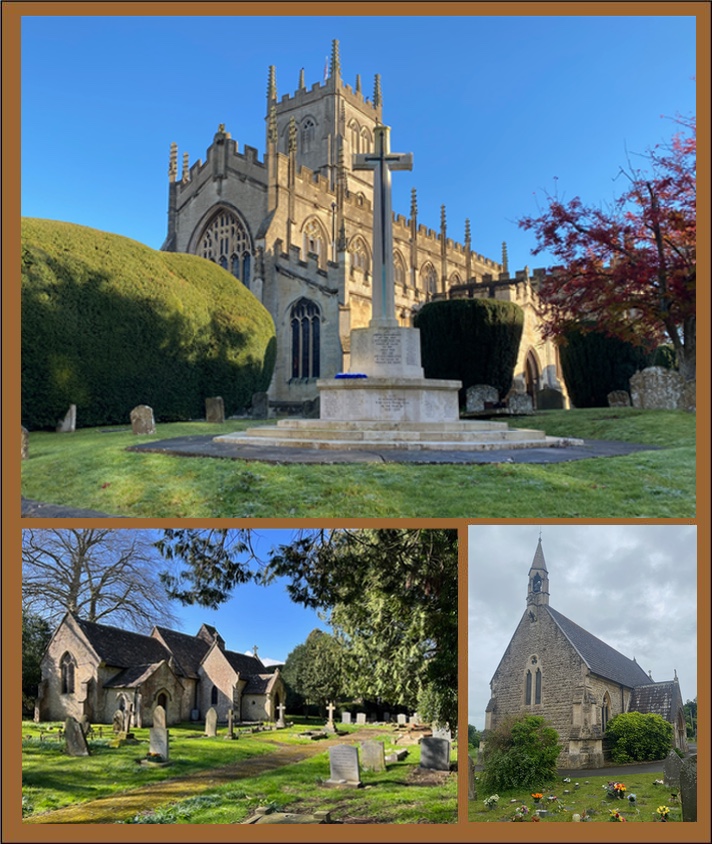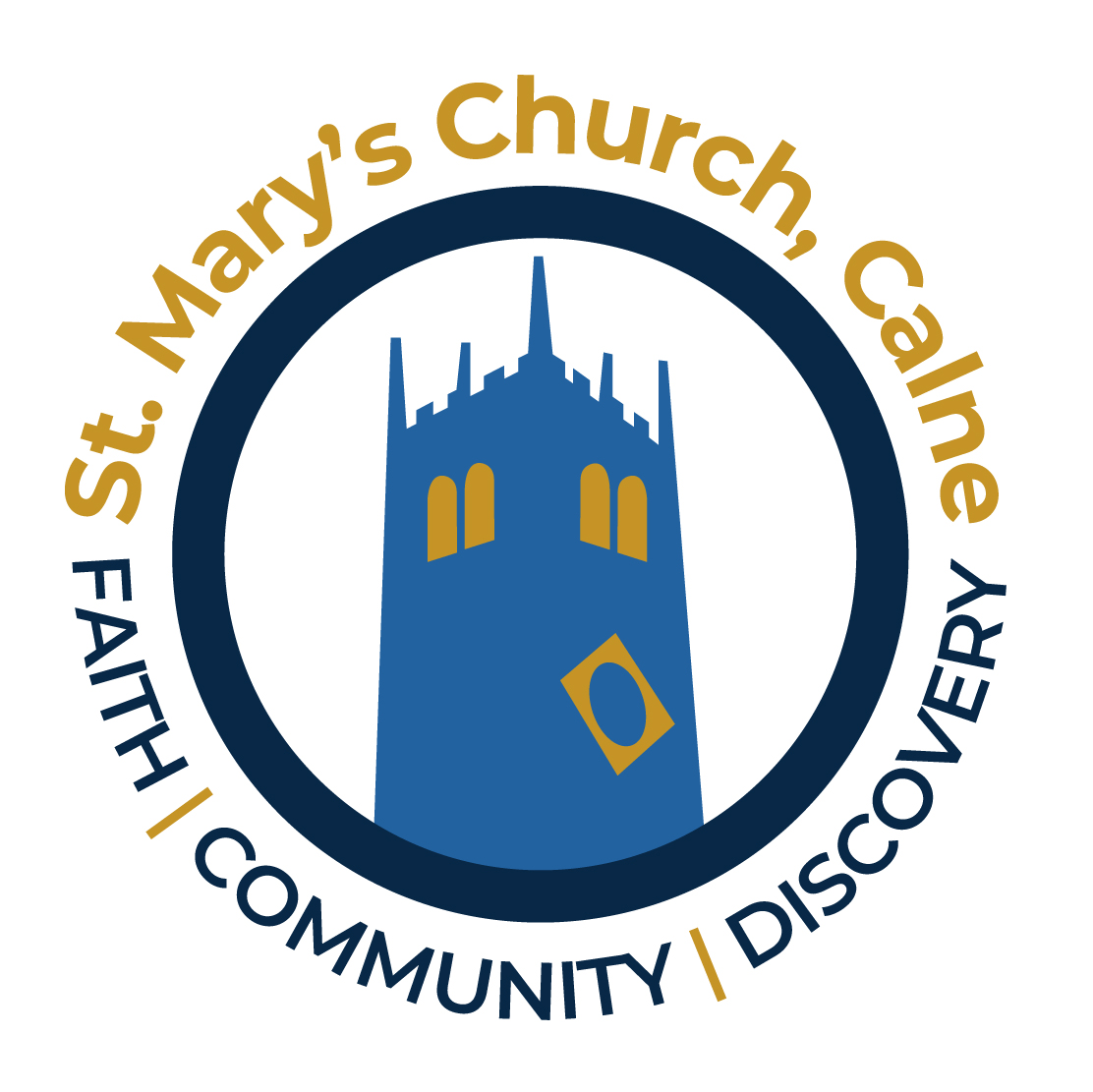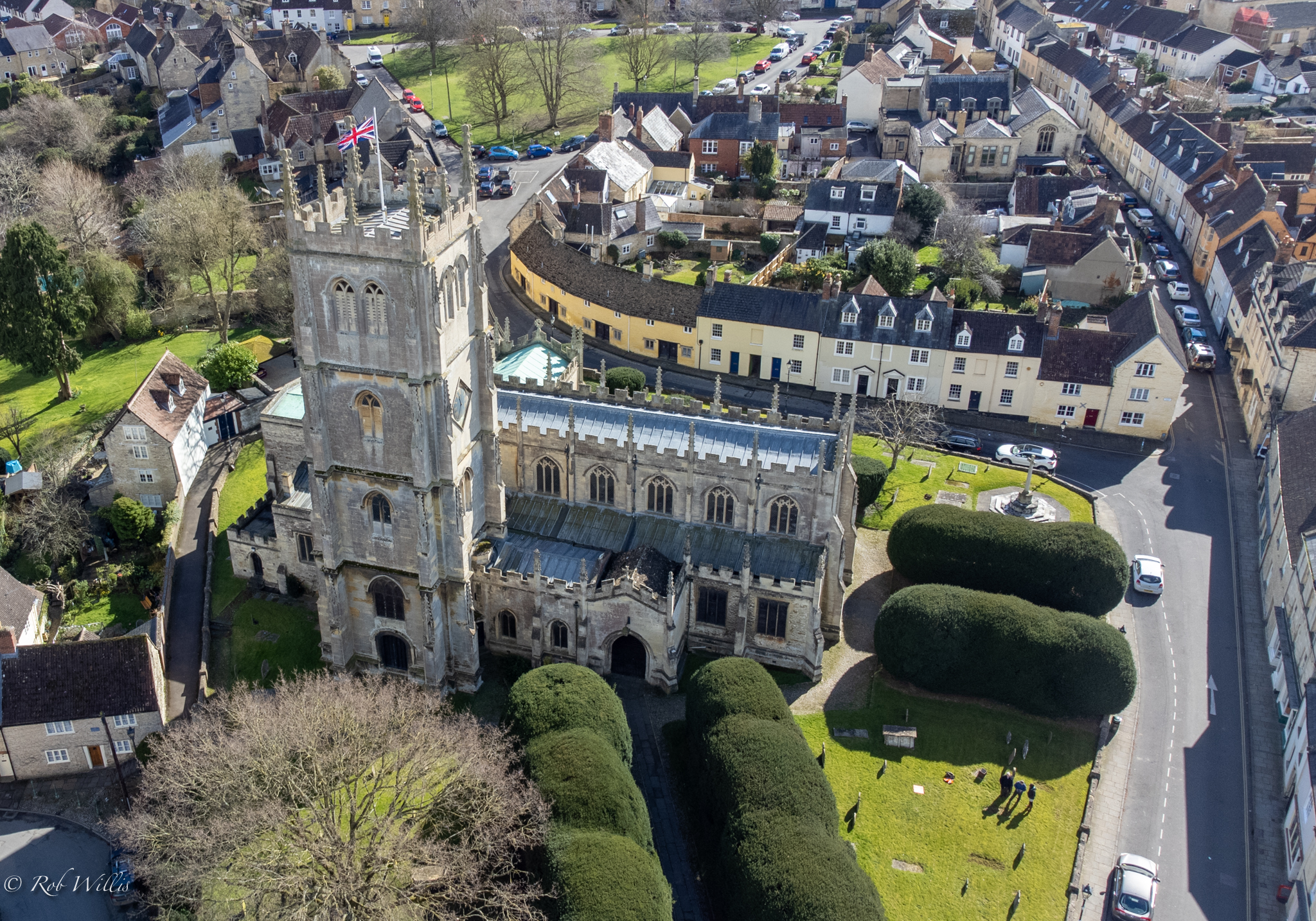Header Text
Welcome to The Marden Vale Benefice
This is a group of six churches in or near the town of Calne in north Wiltshire, doing our best to love God and serve our communities by Making Jesus Known and in other practical ways.
We are part of the Diocese of Salisbury in the Church of England.
Project 2026
Click the logo for more about Project 2026, click the Photograph directly beneath that for a short video introduction to the project
Many thanks to Rob Willis for his invaluable work in producing the video and images

The Marden Vale benefice is made up from the Parish of Calne and Blackland covering the town of Calne and the parishes of the villages of Derry Hill, Foxham and Bremhill. This is a caring Christian community in the town and welcomes new members and visitors.
It is surrounded by beautiful countryside to the west of the Marlborough Downs.
Six Churches one Family
St Mary, Calne | Holy Trinity, Quemerford | St Peter, Blackland | Christ Church, Derry Hill | St Martin, Bremhill | St John, Foxham. These six churches work together as a family and offer a varied range of opportunities for worship and fellowship.
We look forward to welcoming you. See the Calendar page for more information.
Search You tube for 'Marden Vale Benefice' for recordings of Sunday worship.
To Donate to any of our churches please click here or go to the 'Giving' page in the menu at the top of this page.
Benefice Weekly Notices can be found here:
Parish Newsletter - see below for the current newsletter.
See the Noticeboard page or Calendar for more information about current events. St Mary's Church is now on facebook
Starting on 12th September - Young Voices - click here for more information
Click here for information about Project 2026
Our leaflet about Project 2026
Click here to donate to Project 2026
For Information about the Lottery Grant and works at St Martin's Bremhil go to
www.mardenvale.org.uk/noticeboard
or for photos go to https://www.mardenvale.org.uk/our-churches/st-martins/st-martins--photos.php
Footer Text
Header Text
Footer Text
Events
Footer Text
Header Text
Link to Service for 25th January at St Mary's
To see our facebook page go to https://www.facebook.com/stmaryschurchcalne
Footer Text

